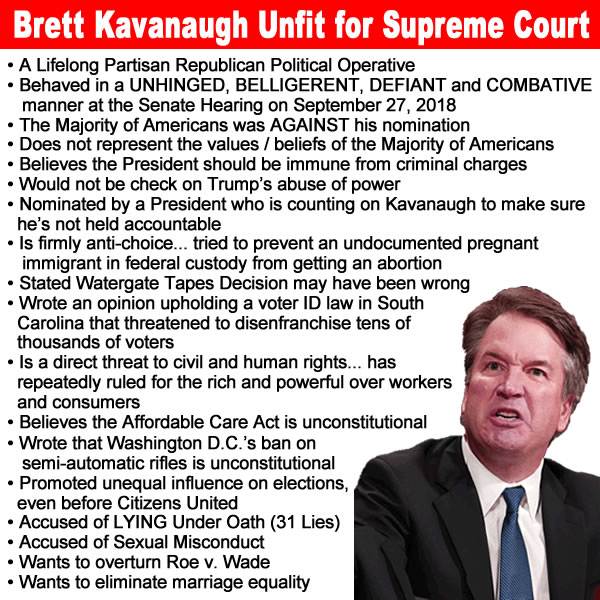

Ultimately, nobody likes to decertify a company. There’s even a wrinkle that seems to echo a Gertrude Stein-like take on government management: “When is a business really a business?” If a company uses a minority-owned subcontractor exclusively as a pass-through - to purchase inventory and then hand it over to the parent firm, for example - then is the subcontractor really the kind of integral part of the business to which these laws apply? “We don’t know what kind of research goes into seeing if it really is a woman-owned company, but you can’t do everything.” “That in and of itself is a problem,” Kurland says. Philadelphia and others don’t do their own certification they rely on other entities. For one thing, some cities and states accept certification from other cities or states, which may or may not have similar laws in place to govern the selection of eligible firms.

It wouldn’t seem tricky to figure out if a company meets the local definition of a woman- or minority-owned business. It turned out that the prison contractor had only paid a subcontractor for the use of its name and then, according to The Philadelphia Inquirer, “gave the work to companies that do not meet the city’s standards for minority-, female- or disabled-owned vendors.” A Philadelphia prison contractor received nearly $200 million from the city, which believed it was handing 40 percent of a contract over to a female-owned business. The first big problem goes to the very core of this policy: Are the businesses actually owned by women or members of minority groups? Or are they just Potemkin companies that look one way on the outside and another on the inside? It’s a “meeting point of legal considerations, practical considerations, and the need to have good data for both justifying public policy and for implementing it as well,” says professor Maureen Berner of the School of Government at the University of North Carolina. Leaving aside any political issues revolving around this process, it’s a field in which a widely acceptable social policy can run head on into management problems. The procurement and building of the vessels has been an ongoing issue in recent years and the subject of two parliamentary inquiries, one of which is ongoing, and a report by the Auditor General.It’s a fairly common practice: When they purchase goods or services, states and cities offer preferential bidding treatment to businesses that are in whole or in part owned by women or minority group members. “I listen to this material in good faith – it’s not been put to me in the past but I do assure you that it is material that I take seriously, about which I have concerns which raises fundamental issues for me about the fairness and the appropriateness of the tendering process and I have to be satisfied that those issues are properly looked at.”Īlso speaking to the BBC documentary, McColl – the Monaco-based former shipyard owner shown above with the First Minister – said the document put Ferguson Marine in a “very strong position” to win the tender. In an interview with the BBC for a documentary set to air on Tuesday, Swinney said: “These issues have got to be looked into further as a result of what you’ve put to me today. There was also a confidential meeting between the yard and the Scottish Government’s ferry procurement body Caledonian Maritime Assets Limited (CMAL) – a courtesy not extended to other bidders in the process. The shipyard was also allowed to change its design during the tendering process, making its pitch almost £10m cheaper. READ MORE: Nicola Sturgeon invited to give evidence to ferries committee The reports say a design consultant passed the document to the yard.


 0 kommentar(er)
0 kommentar(er)
